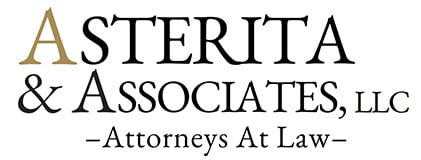If you are a homeowner facing financial difficulties and you’ve fallen behind on your mortgage payments, obtaining a mortgage loan modification can potentially serve as a viable solution to your problem. If successful, a mortgage modification effort can help you to avoid foreclosure and keep your home.
A mortgage loan modification involves adjusting the terms of your original loan to lower your monthly payment, making it more affordable. Other adjustments to your mortgage contract may be made as well. This process can be complex and requires a clear understanding of the steps involved, the documentation needed and how to successfully negotiate with a lender.
Loan modification basics
A loan modification may involve extending the loan term, reducing the interest rate, changing from a variable interest rate to a fixed one or even reducing the principal amount owed.
The first step in the loan modification process is a thorough assessment of your financial situation. You’ll need to demonstrate financial hardship and provide evidence that you cannot keep up with current payments but can manage reduced payments. Hardship reasons might include unemployment, significant income reduction, illness or unexpected bills.
You’ll want to contact your lender as soon as you realize you’re struggling to make your mortgage payments. Most lenders have departments specifically dedicated to loan modifications and loss mitigation. Discussing your situation early can prevent further complications and demonstrate your commitment to resolving the issue.
Your lender will likely require a comprehensive set of documents to evaluate your request for a loan modification. Your lender may ask for:
- A letter explaining your financial hardship and the specific circumstances that have led to it.
- Proof of income, such as pay stubs, tax returns or profit and loss statements if self-employed.
- Bank statements to verify your expenses and financial status.
- A detailed list of your monthly expenses.
Oftentimes, lenders will propose a trial period for the new mortgage terms to ensure that a homeowner can manage the new, lower payments. Consistently making these payments on time may make or break your ability to benefit from a permanent modification.
Getting started
Negotiating the terms of a modification can be the most challenging part of the process. As such, seeking personalized guidance may be beneficial, given how much is at stake and how complex the process can prove to be.
If the trial period is successful and all parties agree to the new terms, the loan modification should be finalized. The agreement will be documented in a modification agreement, legally amending the terms of the original mortgage loan.

